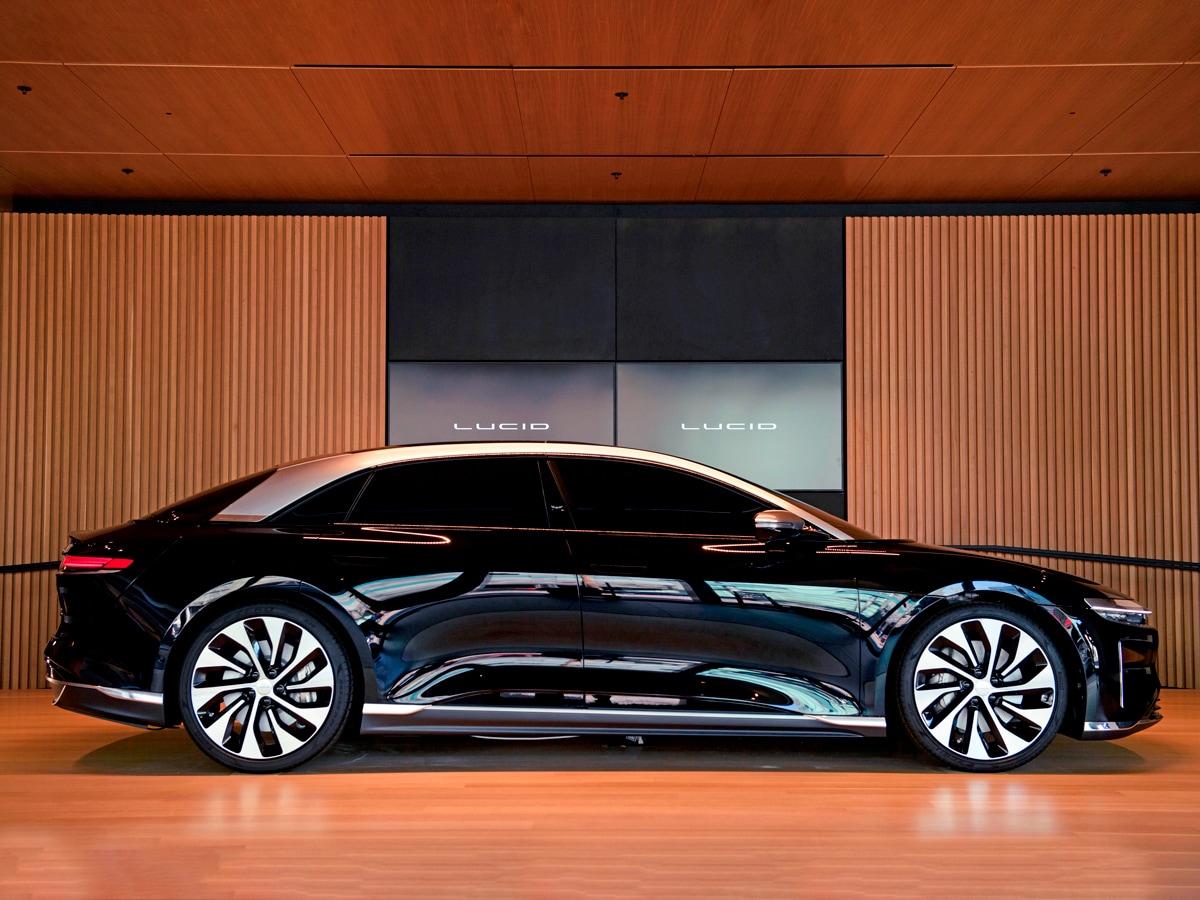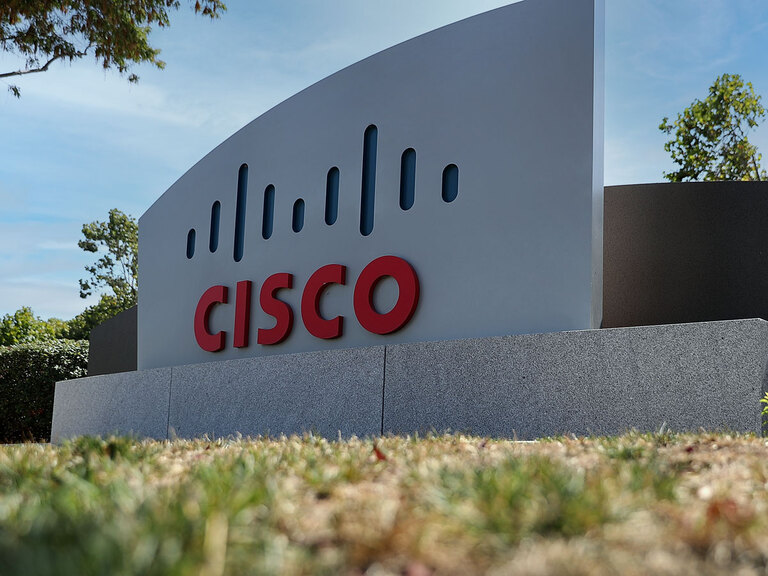In part two of this two-part series, Rob Arnott, the founder and chairman of Research Affiliates, and colleagues Lillian Wu and Brian Cornell discuss the recent market competition being driven by electric vehicle companies. As they suggest, all may not be as it seems.
Key points:
- The electric vehicle industry, with its astronomical growth in market-cap over the 12 months ending 31 January 2021, is a prime example of a big market delusion.
- In the highly competitive and capital-intensive auto industry, the January 2021 valuations of electric vehicle manufacturers are simply not sustainable over the long term.
Are Current Aggregate EV Valuations Sustainable?
Electric vehicle (EV) global sales grew to 3.25 million units in 2020, an increase of 43% on a year-over-year basis. The rapid growth was partly driven by regulatory policy and a substantial package of incentives developed by various governments to promote zero-emission vehicles.
In Norway, where the government has actively promoted EVs with generous tax incentives from the start, about half the vehicles registered in 2019 were electric, and by the end of 2020, EVs held about a 54% market share, according to Reuters.
3.25million
EV global sales in 2020 - a 43% YoY rise
In the United States and across Europe, governments provided cash subsidies of differing amounts to boost EV sales. In China, the top EV manufacturers are state-owned and therefore enjoy strong government backing and are supported by pro-EV strategic policies. These policies have led to a growing selection of EV models and low-cost offers in the domestic market, driving up EV sales growth, according to Sustainalytics.com.
The momentum in EV adoption is also being positively impacted by changing consumer preference in favour of EVs as consumers grow more concerned about environmental pollution and global warming.
Market disruption, consumer preference, and social benefits, which likewise characterised the early air travel industry, do not necessarily imply high market values for EV manufacturers. Competition drives profits toward the cost of capital unless new firms face daunting barriers to entry.
Simply higher sales will not lead to higher profits if auto manufacturers face strict competition. At an aggregate level, as cities strive to become more energy-efficient, light vehicle sales may actually fall.
In a competitive industry, market disruption benefits society at large, not necessarily the disruptors, and disruptors are often disrupted themselves in due course. Note that in 2000, Palm — the maker of the then-ubiquitous Palm Pilot — was spun off by its owner 3Com at a valuation larger than General Motors [GM] and larger than 3Com itself before the spin-off.
After only a few years, Palm was put out of business by BlackBerry [BB], which after only a handful of years was itself on the ropes because of competition from Apple’s [AAPL] iPhone. Why should the EV market be immune to similar successive waves of disruption?
Tesla [TSLA] led global EV sales in 2020 with 15% of EV market share. In China, the world’s largest EV market, the Tesla Model 3 topped the 2020 sales list with a 6% EV market share. Even so, its sales remained small compared to the major traditional manufacturers such as Volkswagen [VOW.DE] and Toyota [TM].
15%
Tesla's market share of EV global sales in 2020
To justify its current valuation, Tesla must grow by an order of magnitude (or two!), while increasing its margins at the expense of competitors. As we noted [in part one], the market is projecting a similar growth rate for most of Tesla’s EV competition.
Even the prices of traditional manufacturers, such as Ford [F], General Motors, and Volkswagen, have risen during the first two months of 2021 solely on the basis of their stated EV plans.
In China, it is only a matter of time before the state-owned EV companies begin to dominate the domestic market, supported by a range of factors including home-based consumption preference, potential protectionism, and a substantial price advantage. Of course, individual companies will have different degrees of success, even in an overall expanding industry. It is profoundly naïve to believe the auto industry, regardless of EV market share, will cease to be highly competitive.
Another explanation for Tesla’s astronomical valuation is that the market is valuing the company’s “full-stack” vertical integration business model and its ability to disrupt other markets (batteries! solar panels! space!).
In particular, the full self-driving capabilities that Tesla is building, according to Elon Musk, could allow the future deployment of robotaxis for higher revenue per car, according to CNBC.
What about the other EV specialists? Do they share a similar advantage in their business model? Do they have competing technological advantages that in time will even out the playing field with Tesla? If so, will the competing technological advantages grant each a high profit margin or will margins compress as a competitive market sorts out winners and losers?
Today, virtually every EV automaker, in particular new entrants, is being priced as if it will be a winner. The most recent example is Lucid [LCID], which went public via a SPAC called Churchill Capital Corp. IV (CCIV) run by Michael Klein. Before the merger, the market capitalisation of Lucid after the deal completed was estimated at $56bn, according to Reuters.
56billion
Estimated market capitalisation of Lucid Motors before the merger
According to Lucid’s recent financial disclosures, the company expects to spend $10bn over the next four years, an amount far exceeding the $4.4bn Lucid was set to receive from the SPAC financing. Such high cash burn reflects the aforementioned competitive and capital-intensive nature of the industry. To date, Lucid has yet to sell one car, but its market capitalisation was initially expected to exceed Ford’s.
Conclusion
In 2020, the market capitalisation of the worldwide auto industry more than doubled. The driving force was the “big new EV market”. As a result, the stock price of virtually every EV specialist, including more established firms such as Tesla as well as a host of new start-ups, all skyrocketed. Even the prices of traditional auto makers rose handily when they announced their own EV plans.
In our view, today’s electric vehicle industry is a classic example of the big market delusion. The EV phenomenon will not change the fact that the auto industry will remain highly competitive and capital intensive, and not every company can be a winner.
Further, it remains unclear how simply switching the means of auto propulsion will make the entire light EV market more profitable, an assumption the market is now currently making.
We suspect that as EV competition heats up, many companies will fail, as was the case in previous industry booms — whether autos, airlines, or technology — and with time the total value of the industry will recede to more reasonable levels.
This article was originally published on the Research Affiliates website. Part one explored the electric vehicle industry’s astronomical valuations and how these compare to traditional automotive stocks.
Disclaimer Past performance is not a reliable indicator of future results.
CMC Markets is an execution-only service provider. The material (whether or not it states any opinions) is for general information purposes only, and does not take into account your personal circumstances or objectives. Nothing in this material is (or should be considered to be) financial, investment or other advice on which reliance should be placed. No opinion given in the material constitutes a recommendation by CMC Markets or the author that any particular investment, security, transaction or investment strategy is suitable for any specific person.
The material has not been prepared in accordance with legal requirements designed to promote the independence of investment research. Although we are not specifically prevented from dealing before providing this material, we do not seek to take advantage of the material prior to its dissemination.
CMC Markets does not endorse or offer opinion on the trading strategies used by the author. Their trading strategies do not guarantee any return and CMC Markets shall not be held responsible for any loss that you may incur, either directly or indirectly, arising from any investment based on any information contained herein.
*Tax treatment depends on individual circumstances and can change or may differ in a jurisdiction other than the UK.
Continue reading for FREE
- Includes free newsletter updates, unsubscribe anytime. Privacy policy






